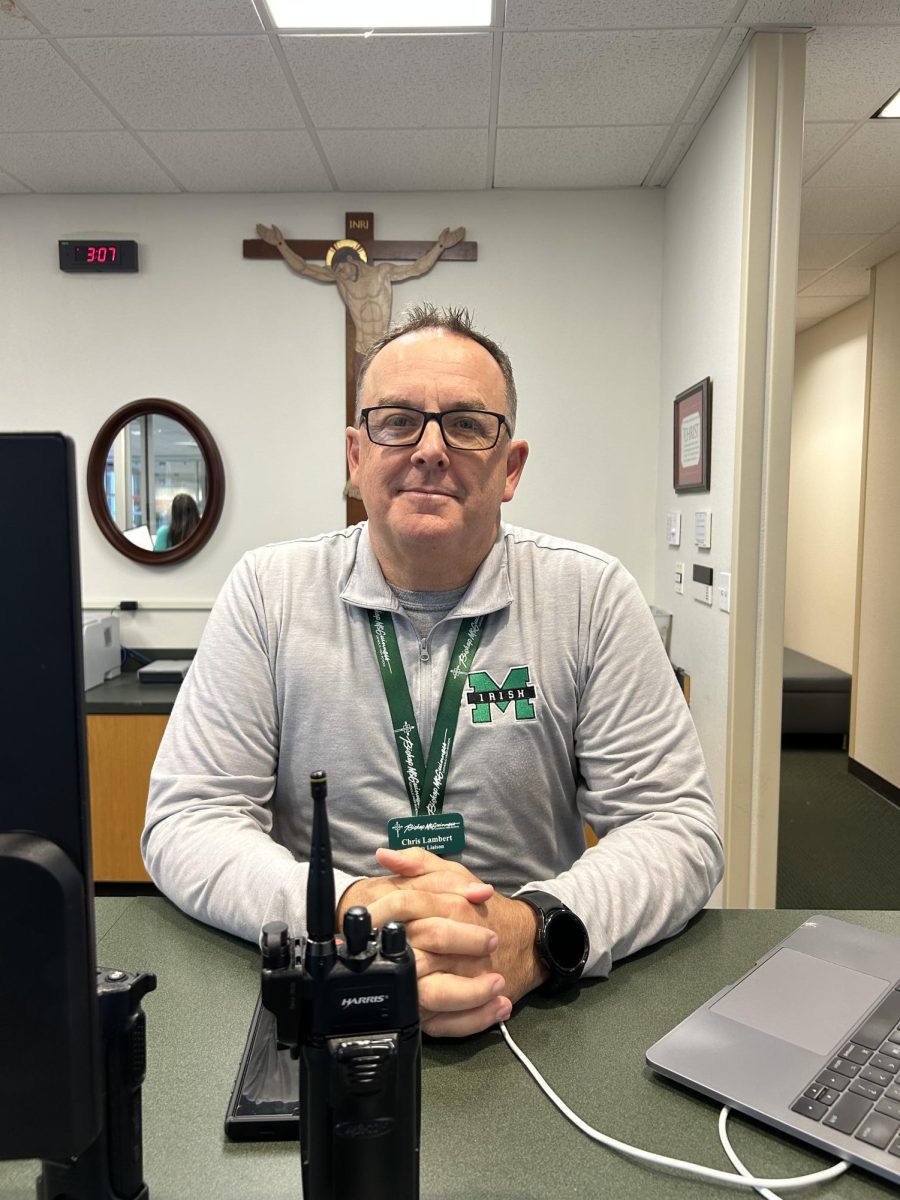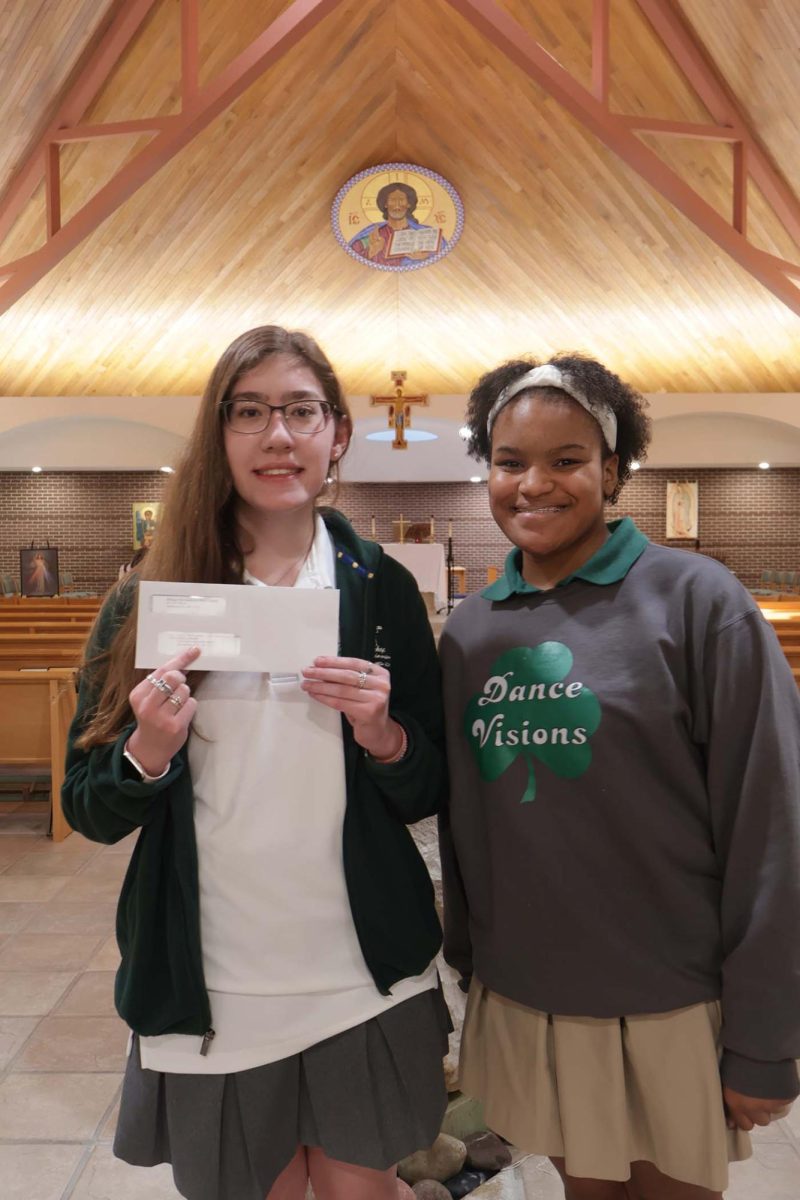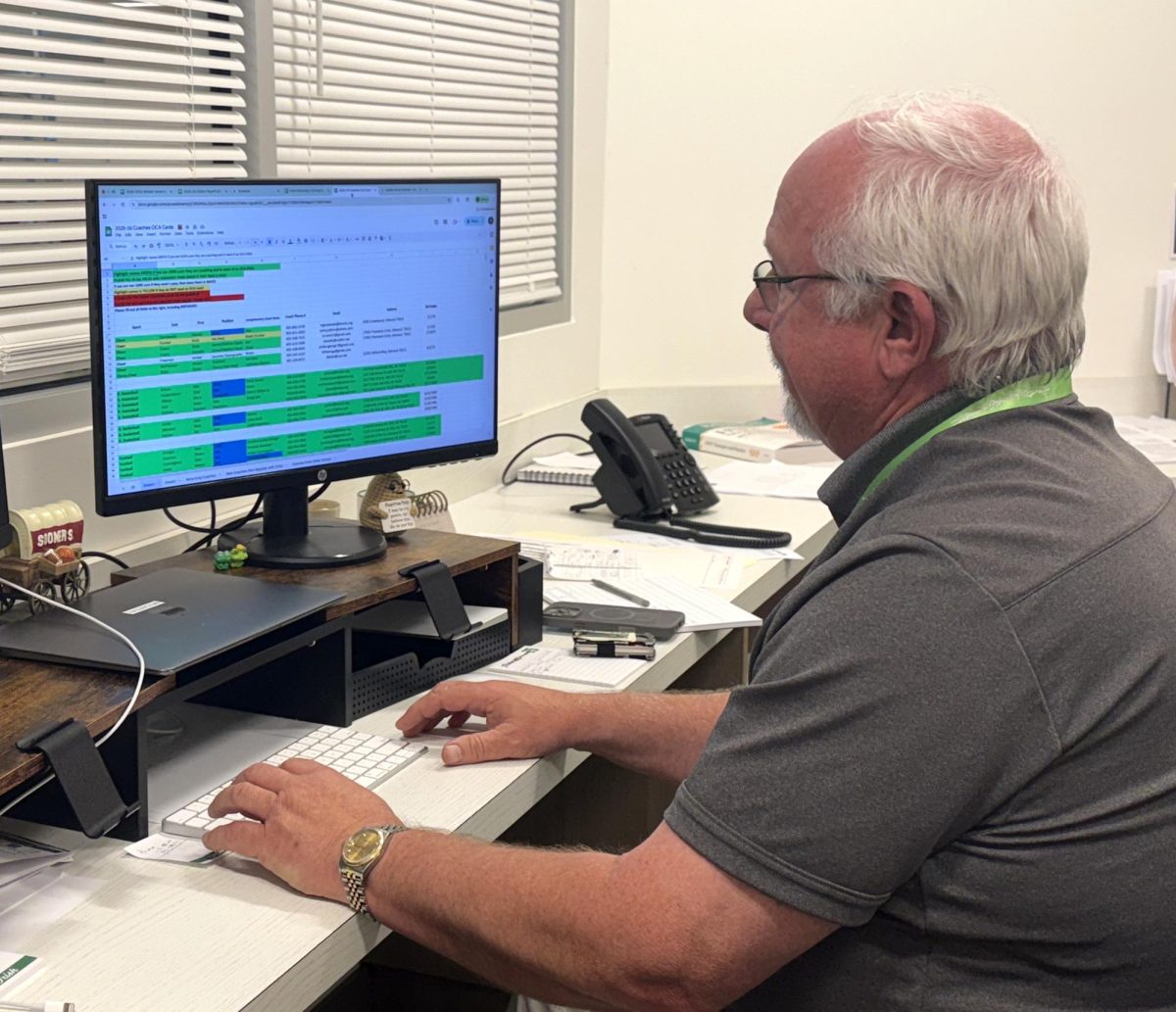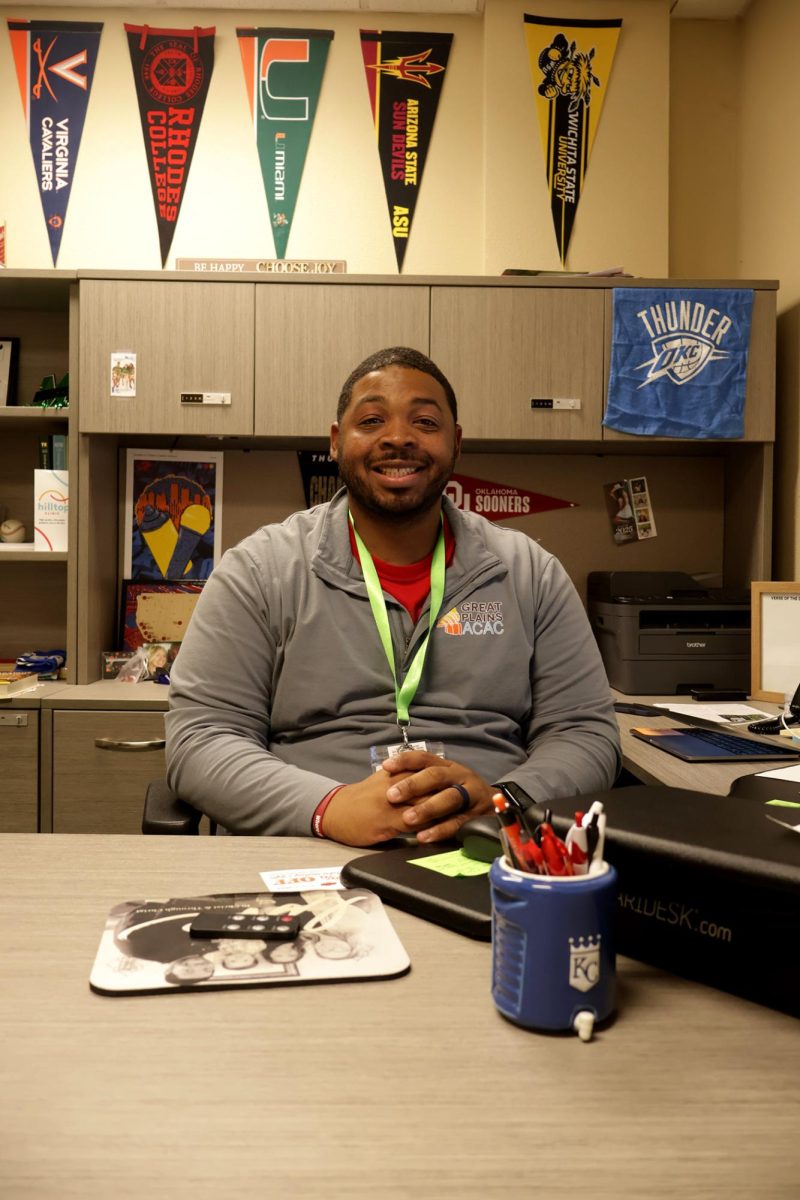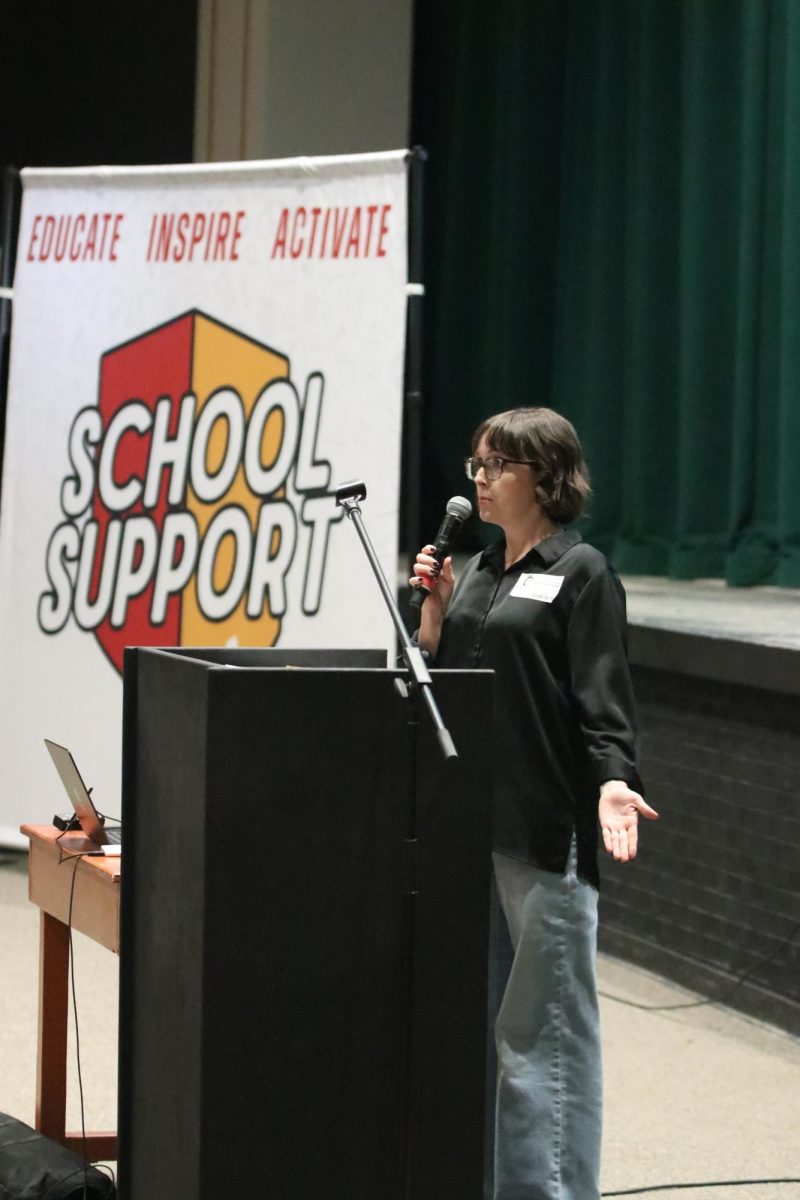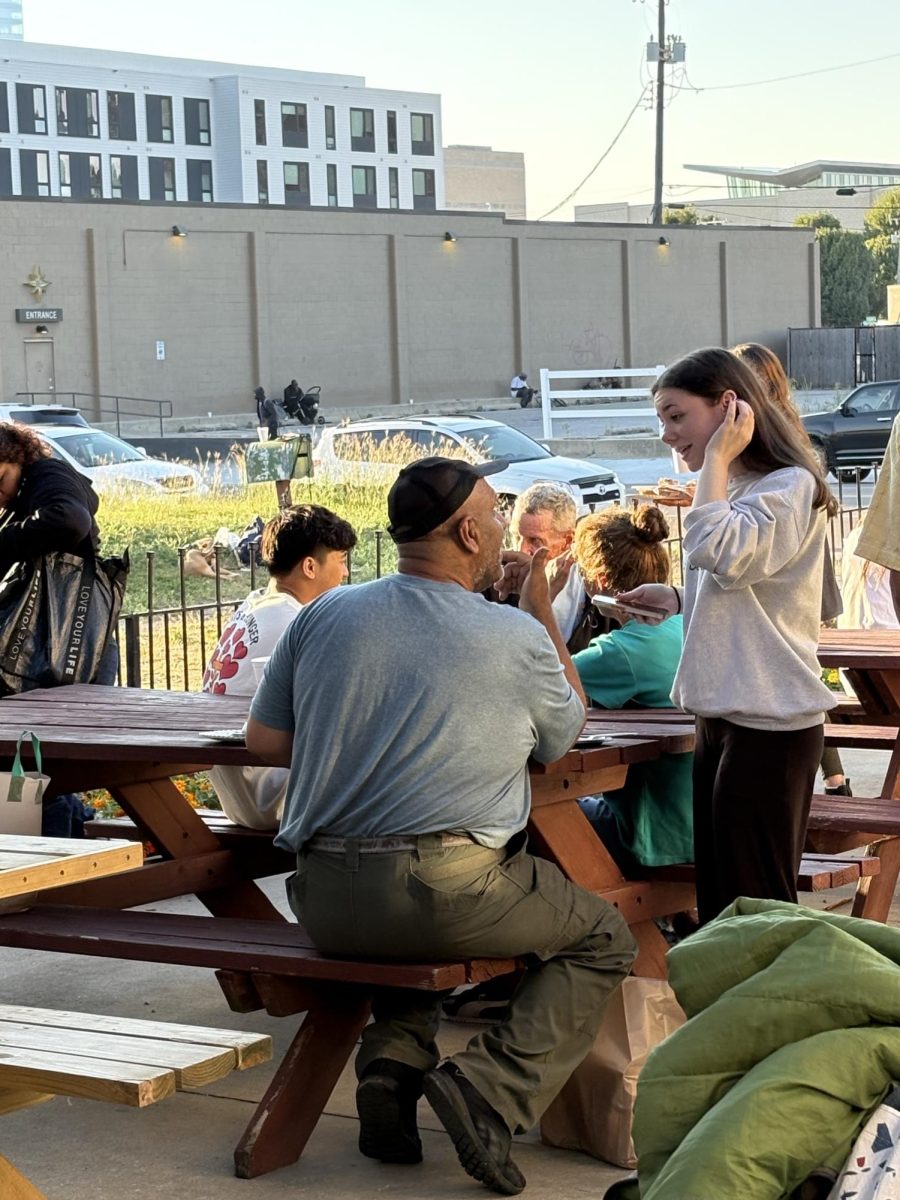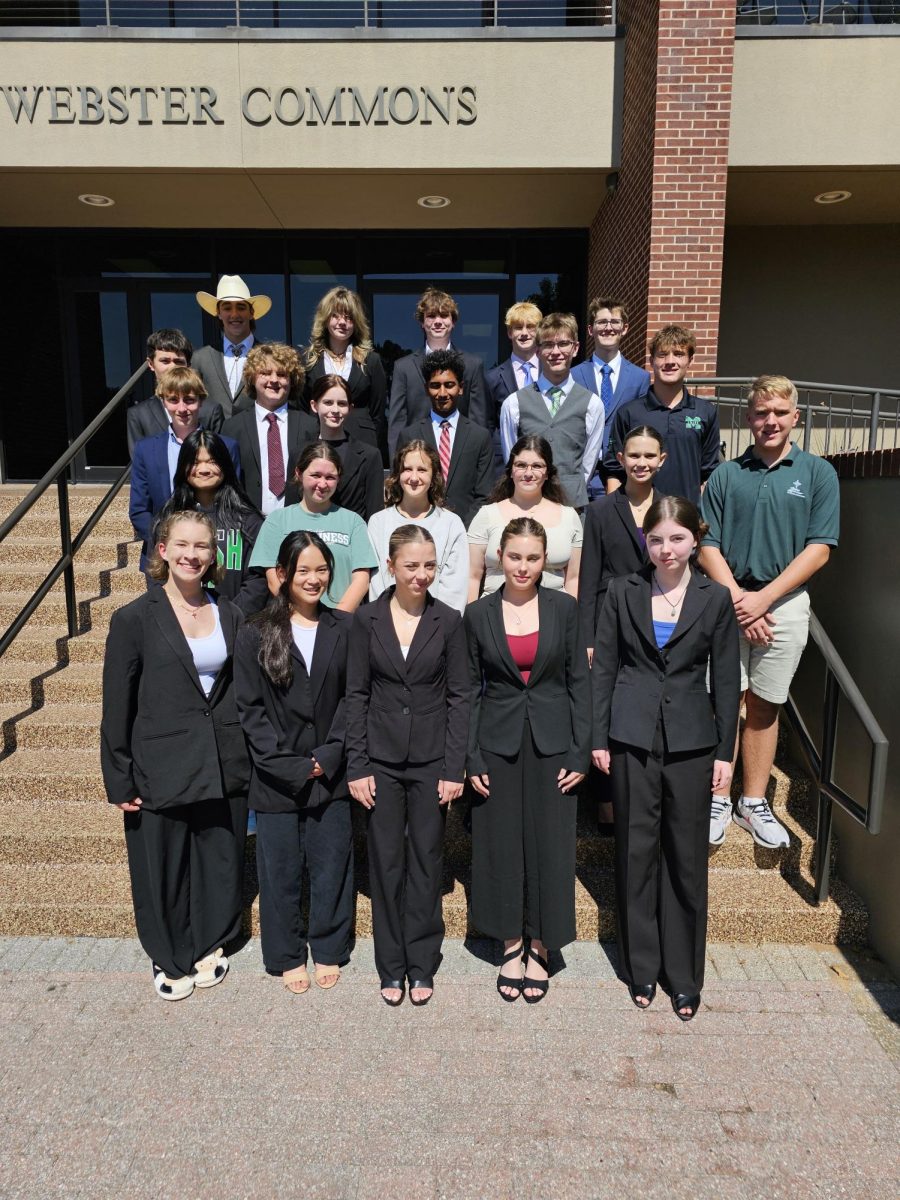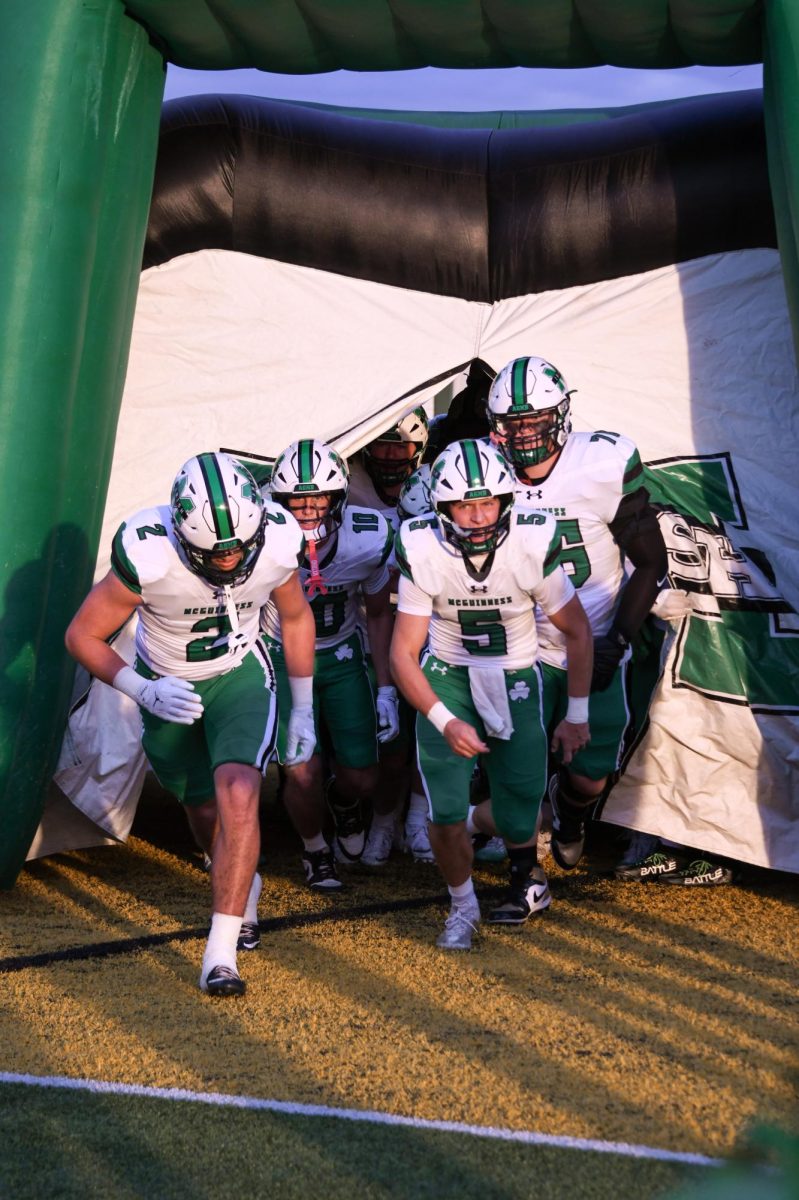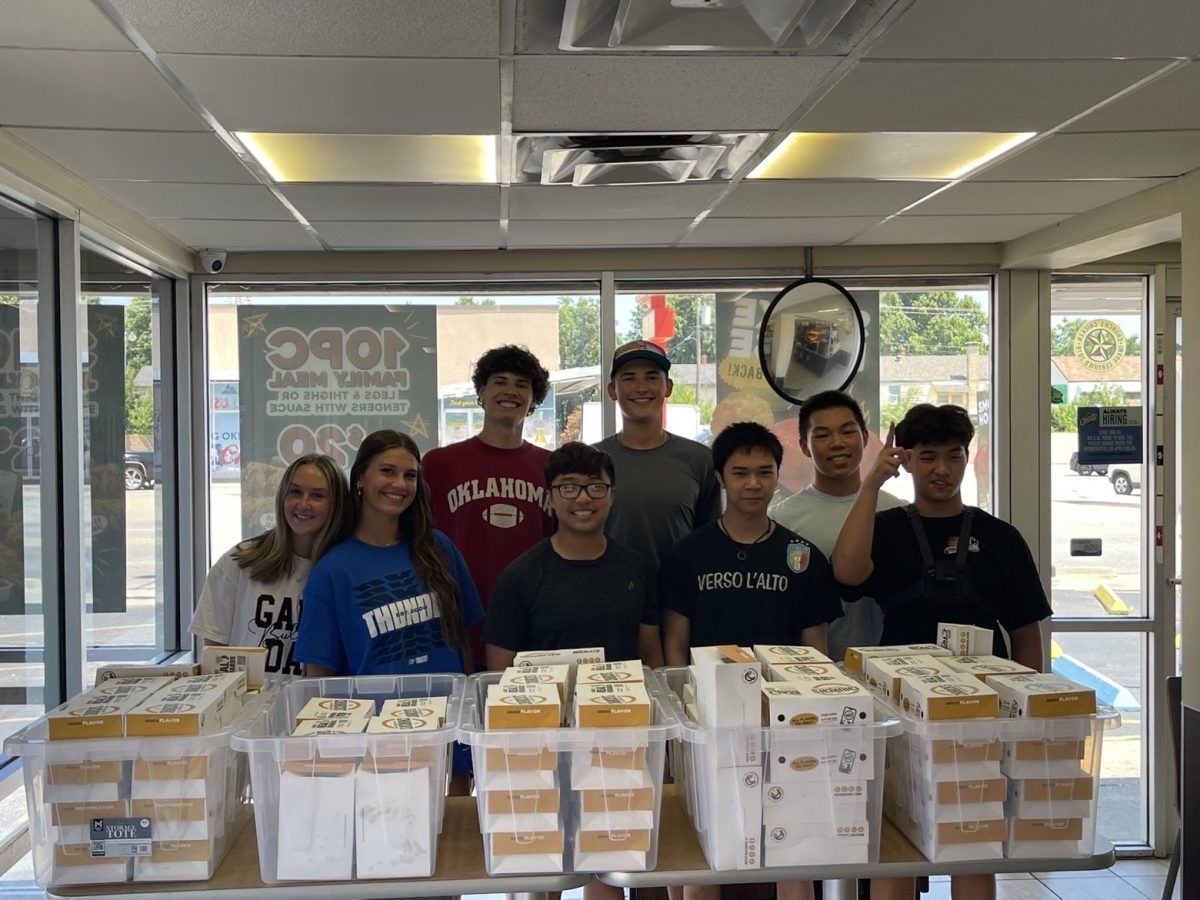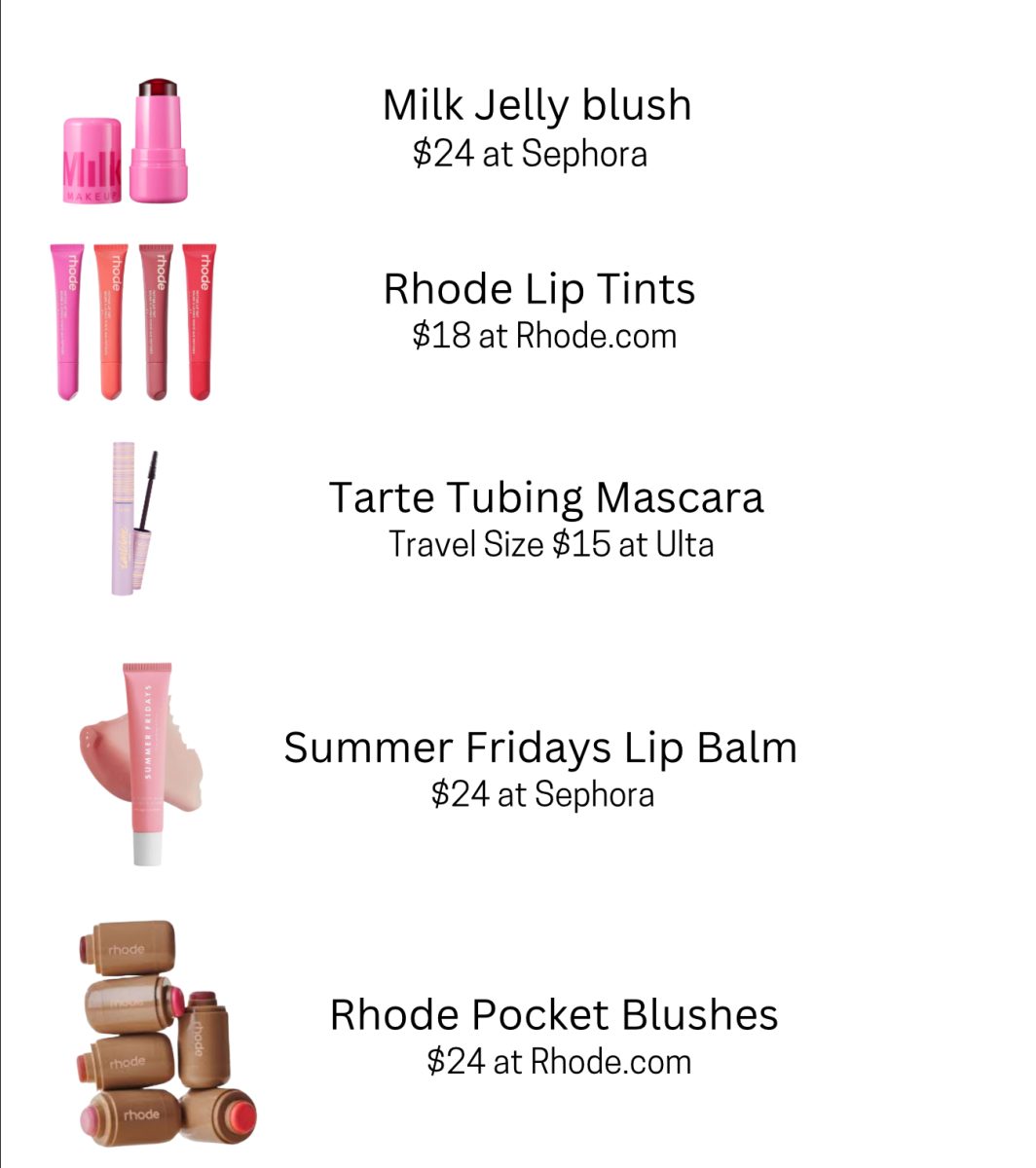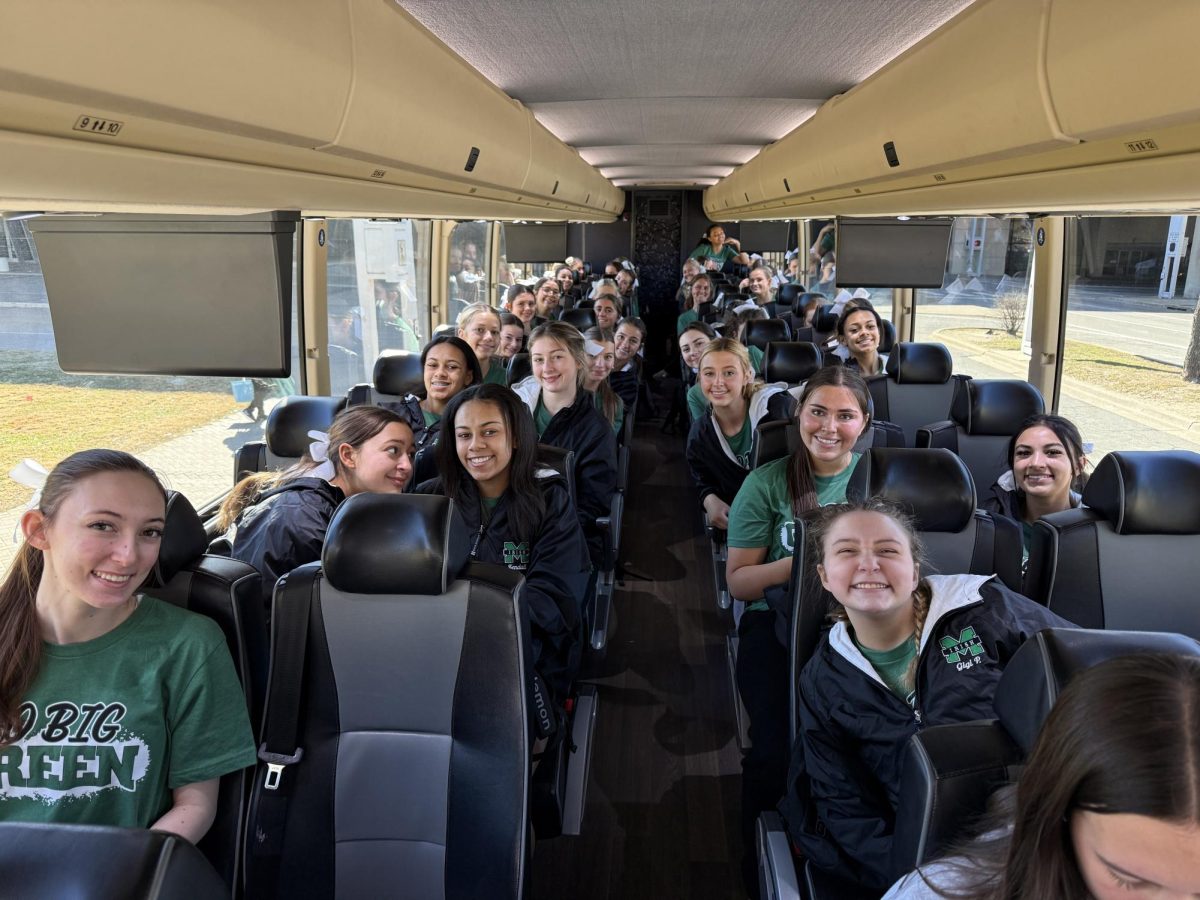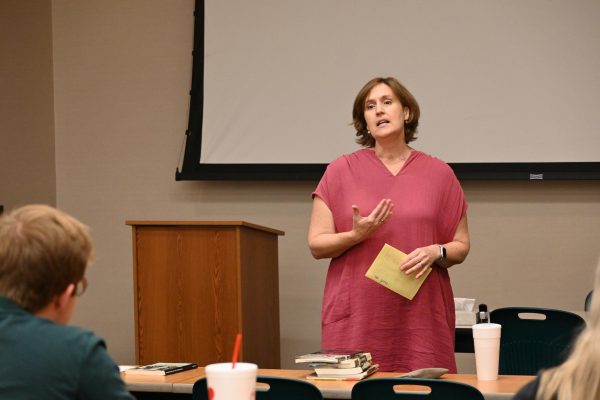
Laid out on the first row of the lecture hall was a moleskine notebook, an old map of the Greenwood District in Tulsa, and a packet of editor’s comments on the final manuscript of Jennifer Latham’s book, “Dreamland Burning.” I paged through the moleskine notebook at Latham’s invitation, examining the messy brainstorms that filled the page and the detailed timelines she created for each character. It seemed incredible to me that a fully formed story sprung from these plans and ideas.
As I perused the editor’s comments packet, Latham began to give advice to us young writers. Latham told us she liked to brainstorm on blank pages of a notebook with no lines, so her ideas could stretch out every which way. She recommended making timelines and figuring out what each character was doing each day of the story, to keep consistent across a long narrative. Everyone seemed engaged and interested to get advice from a published author.
“The workshop was helpful for portraying my thoughts in a more organized manner, like writing a timeline,” freshman Sarah Elder said. “I learned how to convey my ideas and process my storyline with more ease.”
At my prompting, Latham began discussing the publishing process. When publishing a book, Latham recommended finding an agent first, as most publishers won’t take an author’s work if they don’t have one. She emphasized the importance of having thick skin and trying multiple times, not wanting hopeful student authors to be dissuaded from publishing after one rejection.
When someone asked about self-publishing, Latham advised not to attempt it unless they were good at self promotion and advertising their work. Some students had expressed their interest in writing poetry or short stories, and she informed us that many literary magazines will publish submissions without the hassle of agents or big publishing companies.
Once Latham was done sharing her advice on writing, the students started to work on one of two prompts: they either wrote a poem in the perspective or voice of their character or made a playlist and connected each song to a character. Latham encouraged us to talk to each other and bounce ideas back and forth while we worked. The room filled with the sound of pens put to paper, and keys clacking furiously.
When we were done writing, we gathered around a table in the back of the room to share what we had written. Latham frequently nudged us to give feedback after someone read their work. This led to an open discussion about our stories, generating fresh ideas.
“I love how laid back the workshop was and how comfortable she made me feel about sharing my work,” senior Charlotte Waldo said. “It was helpful because a lot of the tips she gave us were things I hadn’t even considered, like answering random questions about our characters or writing a poem from their point of view.”


